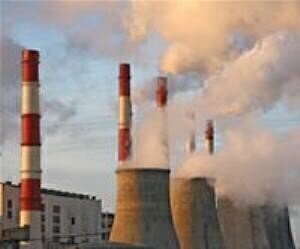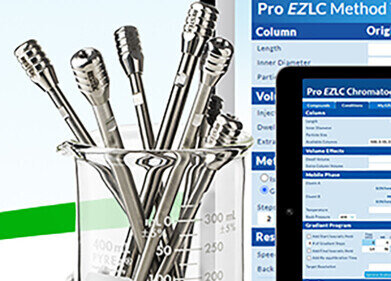Environmental Laboratory
Mercury Mass Balance Studies on Ethylene Plants
Sep 28 2015
Warren Corns, from PS Analytical, will present 'Mercury Mass Balance Studies on Ethylene Plants' at PEFTEC, November 18th-19th 2015.
Knowledge of the mercury content in petrochemical feed-stocks and refinery products is extremely important. The damage caused to petrochemical plants can be financially crippling especially when unscheduled shutdowns are forced. Mercury has been found to be responsible for many cases of selective hydrogenation catalyst deactivation even at low concentrations. These are typical based on palladium or platinum which form a strong amalgam with Hg. Mercury is also known to be the cause of corrosion problems with aluminum-based heat exchangers which operate at cryogenic temperatures, rotors and condensers at natural gas refinery plants. Heat exchanger replacement is a costly operation due to the capital investment of the exchanger itself and the plant down time incurred for its replacement. Because of these facts many plants install mercury removal systems to ensure that important parts of the plant are protected, this means that periodic measurements of the outlets of these removal systems need to be made to ensure that they are working correctly. Also other parts of the plant require accurate measurements to help provide a better understanding of the fate of mercury.
This presentation will focus on the analytical challenges and techniques to perform a mass balance of Hg on an ethylene plant. Atomic Fluorescence Spectrometry was utilised to determine Hg in various streams including gas, liquid and solid phase samples and the results were applied to the mass flow rates across the plant. A butane feedstock containing 18ppbw of Mercury was responsible for the rapid degradation of an acetylene reactor catalyst which was replaced and later protected by Hg removal beds. Mercury was partly removed during acid gas treatment and gasoline stripping. The majority of mercury was found in the C2 cracked gas as this represented the bulk mass flow. Mass balance data will be presented in addition to emission rates to the environment. The development of a model to predict Hg condensation rates in relation to process conditions will also be presented and discussed.
This talk will take place Wednesday 18th November, 1.45-2.15, Room 2 at PEFTEC.
Digital Edition
IET 34.2 March 2024
April 2024
Gas Detection - Biogas batch fermentation system for laboratory use with automatic gas analysis in real time Water/Wastewater - Upcycling sensors for sustainable nature management - Prist...
View all digital editions
Events
May 05 2024 Seville, Spain
May 06 2024 Minneapolis, MN, USA
May 13 2024 Munich, Germany
May 15 2024 Lund, Sweden
May 15 2024 Frankurt-am-Main, Germany


















